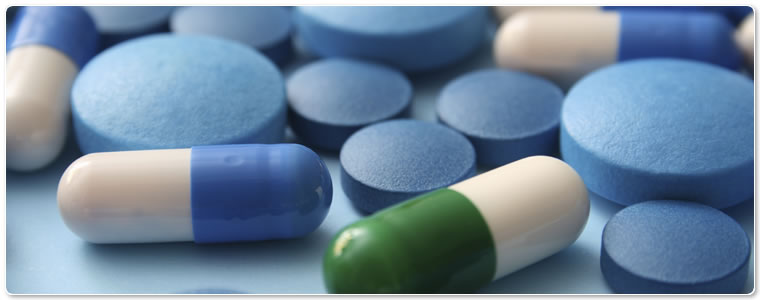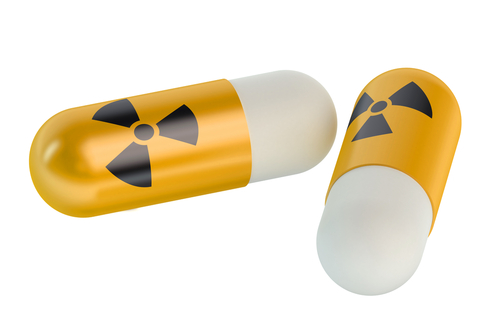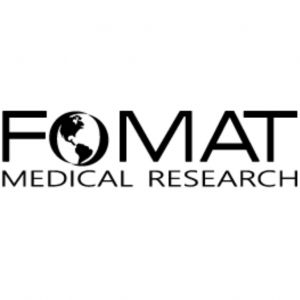The Role of Pharmaceutical Industry in Meeting Global Health ChallengesPosted by FOMAT Medical Research on February 27th, 2019 Health is the most important aspect of human life because it affects every other aspect of life including physical and mental development, social life, education and more. And the pharma industry plays a big role in bringing improvements in health. The role of health is also clear from the fact that three of the total eight Millenium Development Goals (MDGs) demand improvements in the health sector. These three MDGs are: MDG 4- Reduce Child Mortality MDG 5- Improve Maternal Health MDG 6- Combat HIV/AIDS, Malaria and other diseases Even health is considered important for the achievement of other MDGs. For example, health is crucial for MDG 1 that aims at eradicating extreme poverty and hunger. This makes improving health a global development priority. Advances have been made worldwide in the past decades and results have also been made, like deaths of under-fives have reduced to their lowest level in six decades and deaths from malaria have also shown a reduction of 20%. However, still there are a lot of challenges to achieve and pharma industry plays a key role in ensuring the well-being of people.
The main function of the research-based pharmaceutical companies is to create value by finding new medicines, vaccines and services that are more effective than the previous ones and can improve patients’ well-being. Also, the companies should be able to sell the medicines and vaccines at a profit, thereby increasing the shareholder value. This further will contribute to the quality of healthcare products/medicines, and thus, will make the world a better place to live. In the past six decades, innovation and technology in the pharma industry have improved global health to a big extent. And intellectual property has played the main role in this progress. Discovering a new drug, organizing clinical trials and gaining regulatory approval cost around US billion. As per the studies, less than 1% of the compounds inspected in pre-clinical stages are sent for testing in human beings and among the compounds that enter clinical trials, only 22% reach the development stage and get regulatory approval. Though the R&D outlays can be reduced by 64% without patents, it will jeopardize the innovation process as well as the well-being of the patients. In addition to introducing and developing new medicines, pharma companies also hold the responsibility of doing no harm. They act with integrity while respecting human rights, complying the national laws, protecting the environment and preventing things that could harm people or their future generations.
Thus, the patents in the pharma industry motivate the research and developments required for finding treatments for the present’s neglected diseases and the future’s health challenges. And global partnership can further help to meet the global health challenges. Like it? Share it! |


 What role the pharma industry plays in meeting global health challenges?
What role the pharma industry plays in meeting global health challenges? Apart from these, every single person involved in the health value chain shares a moral responsibility to ensure the accessibility of medicines to poor patients. And while working together, this shared responsibility helps them to achieve the targets and goals that they cannot achieve alone. Working together involves bringing in resources and expertise (for the achievement of goals), developing trust and understanding the values and priorities.
Apart from these, every single person involved in the health value chain shares a moral responsibility to ensure the accessibility of medicines to poor patients. And while working together, this shared responsibility helps them to achieve the targets and goals that they cannot achieve alone. Working together involves bringing in resources and expertise (for the achievement of goals), developing trust and understanding the values and priorities.